
Latest News
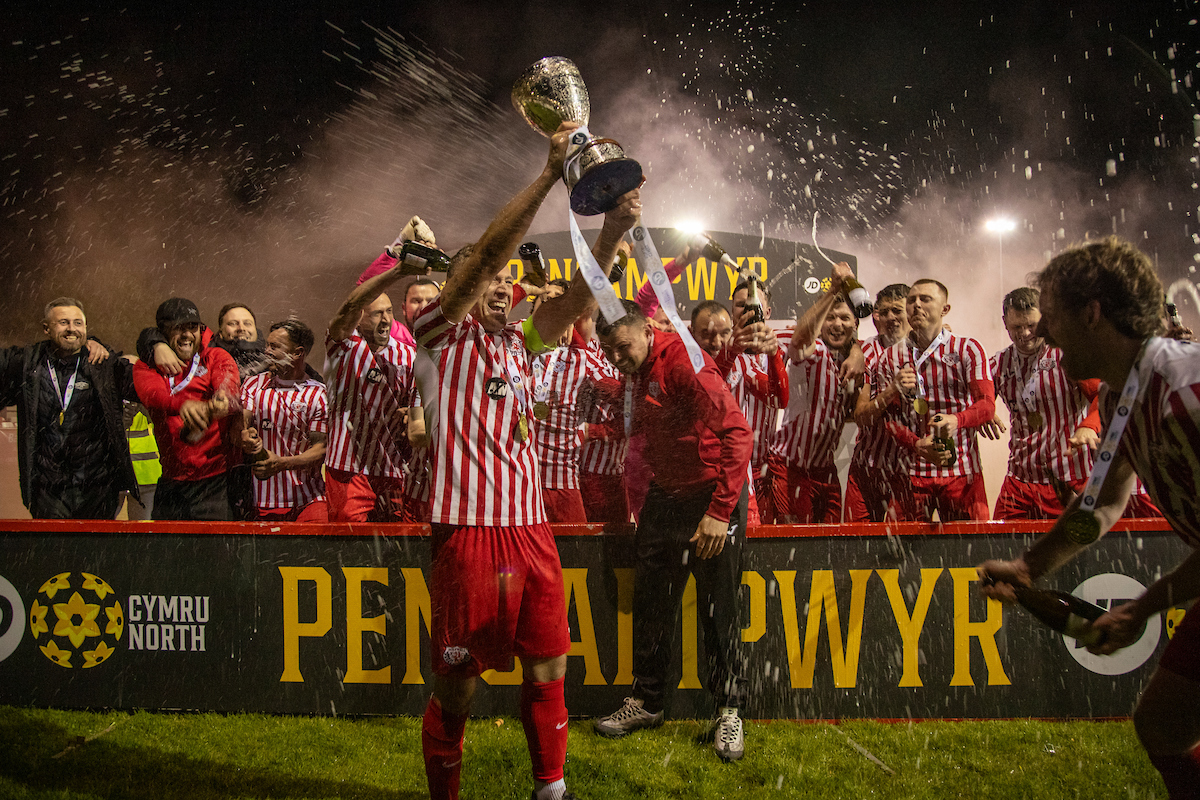
Holywell Town clinch JD Cymru North title with convincing win over Llanidloes Town
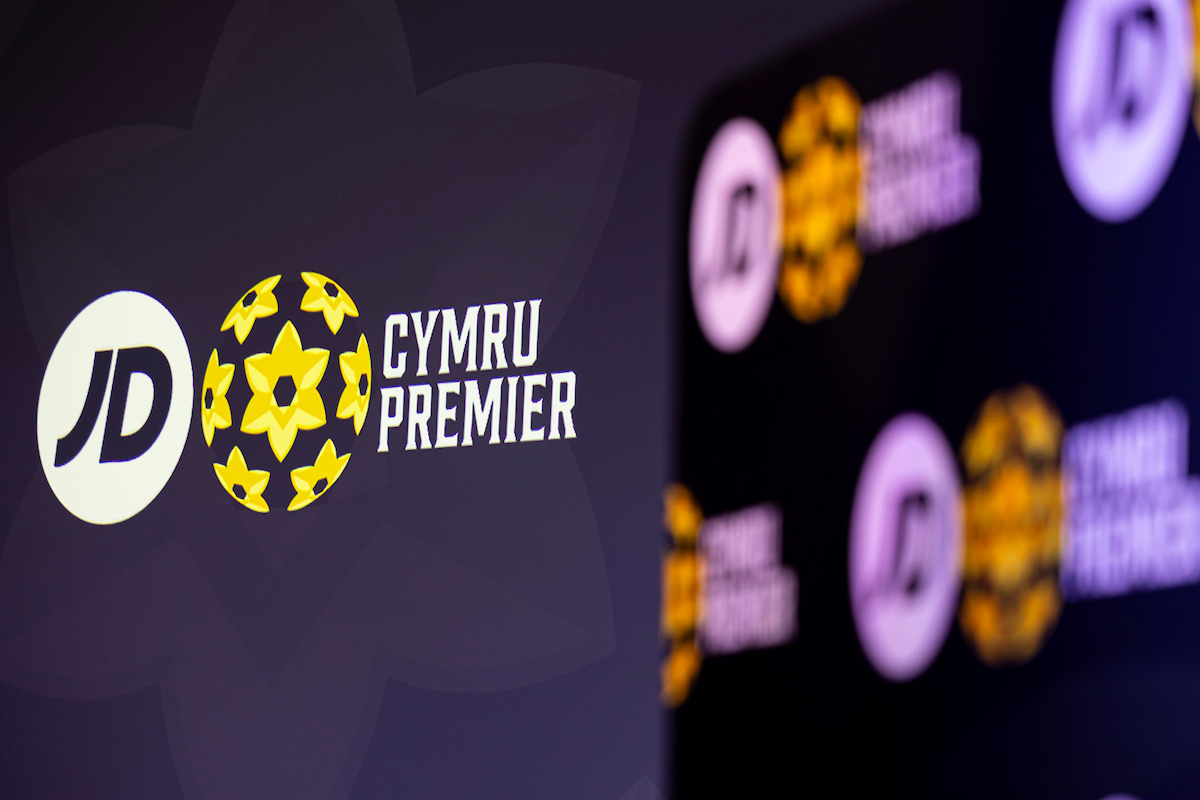
Strategic vision unveiled for the JD Cymru Premier
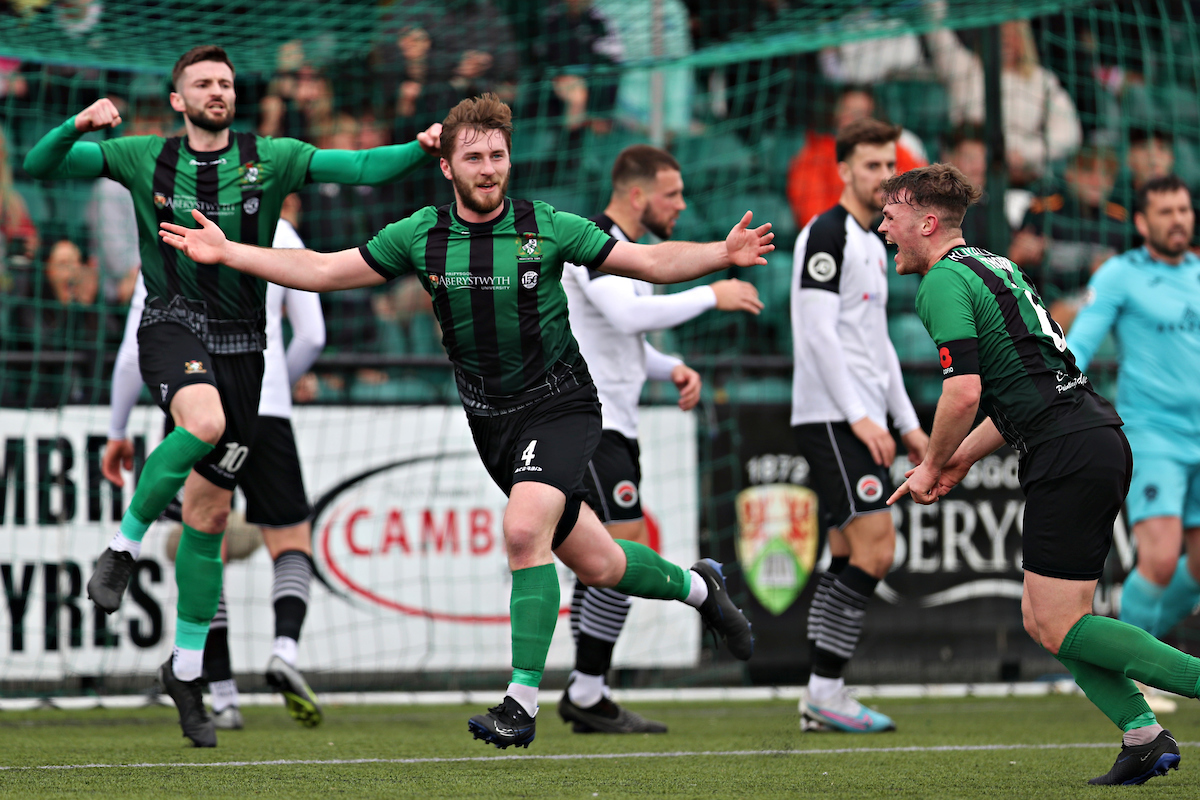
JD Cymru Premier round-up | Aberystwyth Town secure safety on final day as Colwyn Bay are relegated
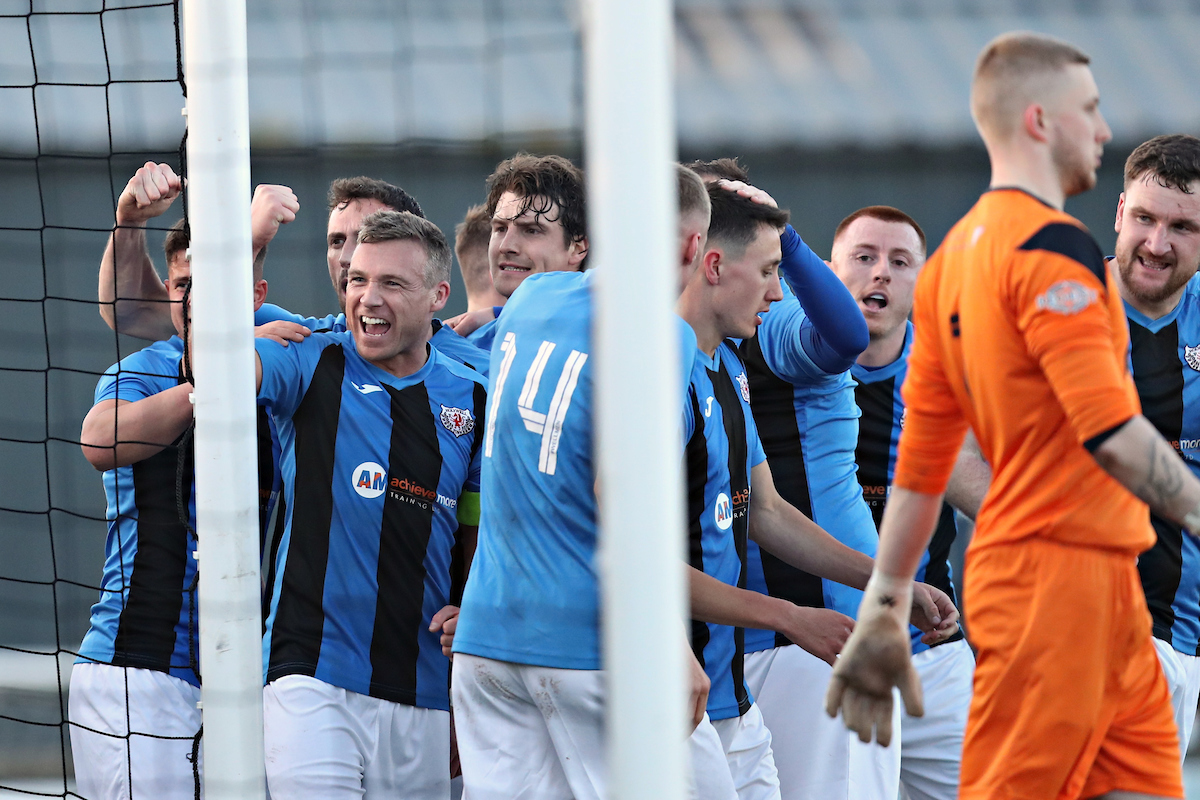
JD Cymru North round-up | Prestatyn Town earn a point to stay up and send Porthmadog down
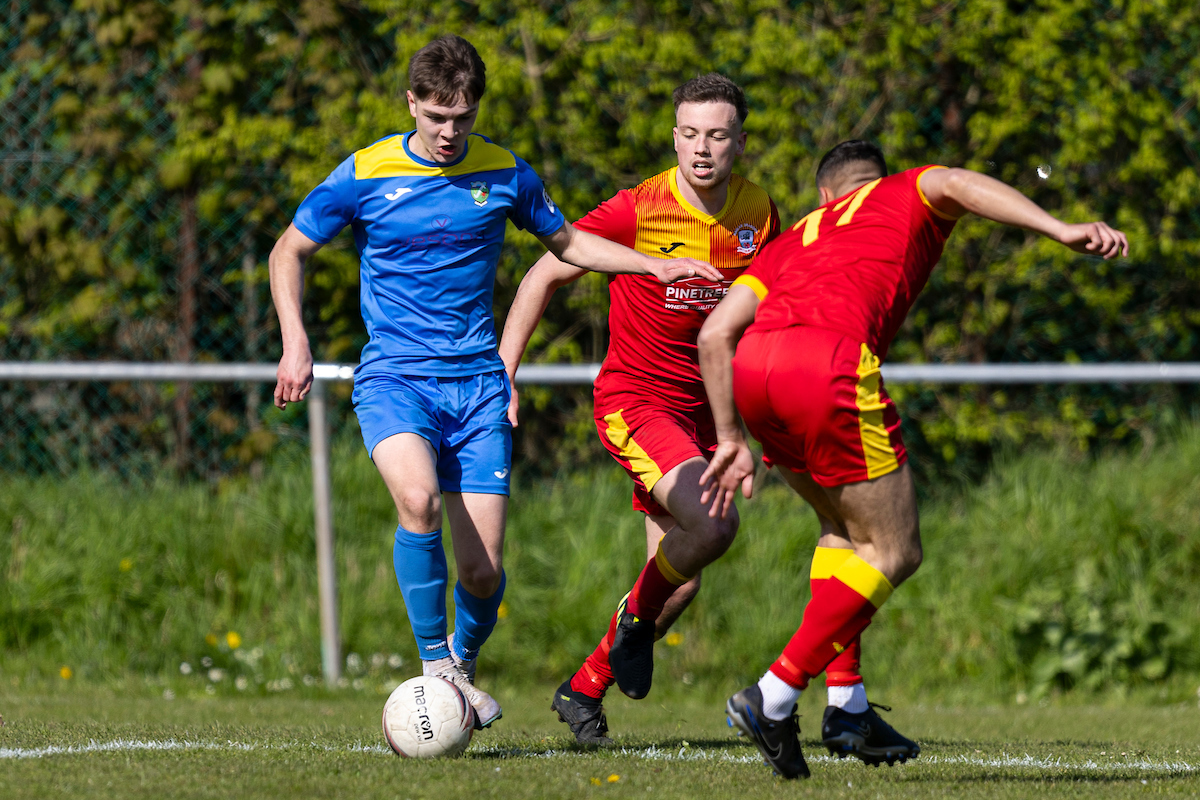
JD Cymru South round-up | Llantwit Major secure safety as Pontardawe Town go down
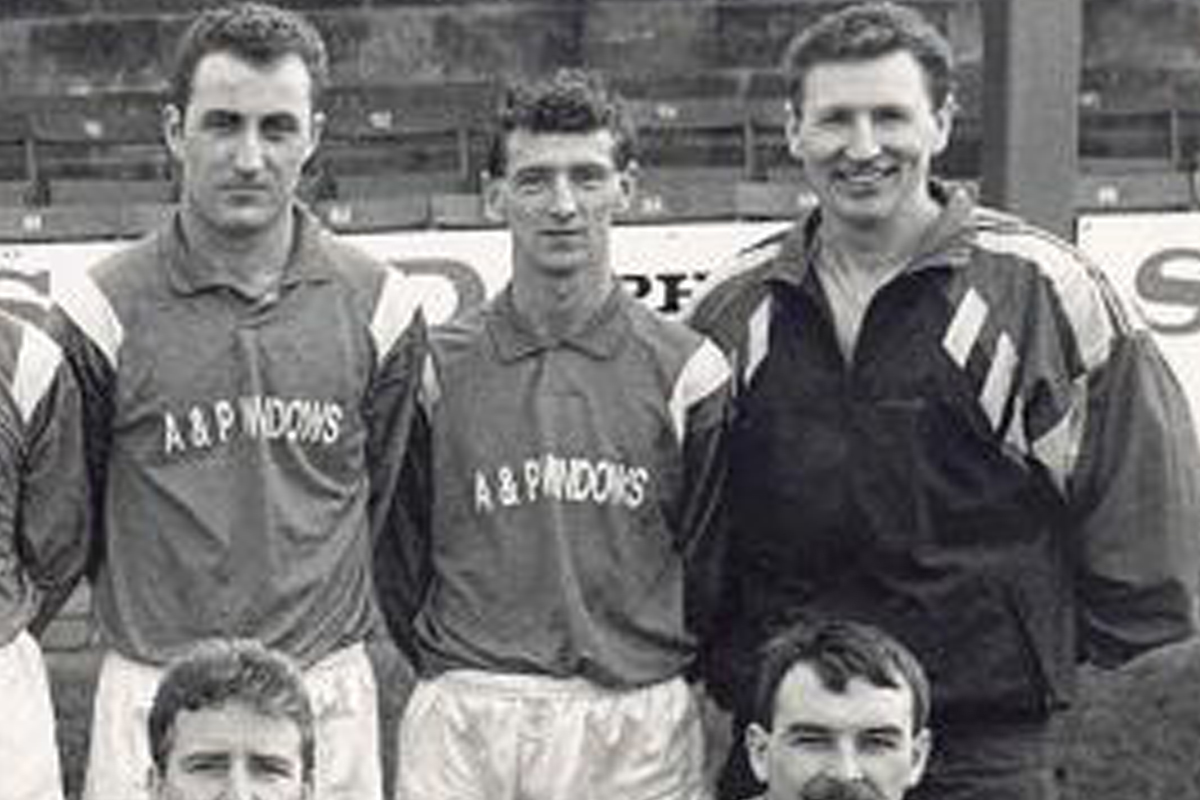
JD Cymru Premier history-maker Mitch Patton passes away aged 59
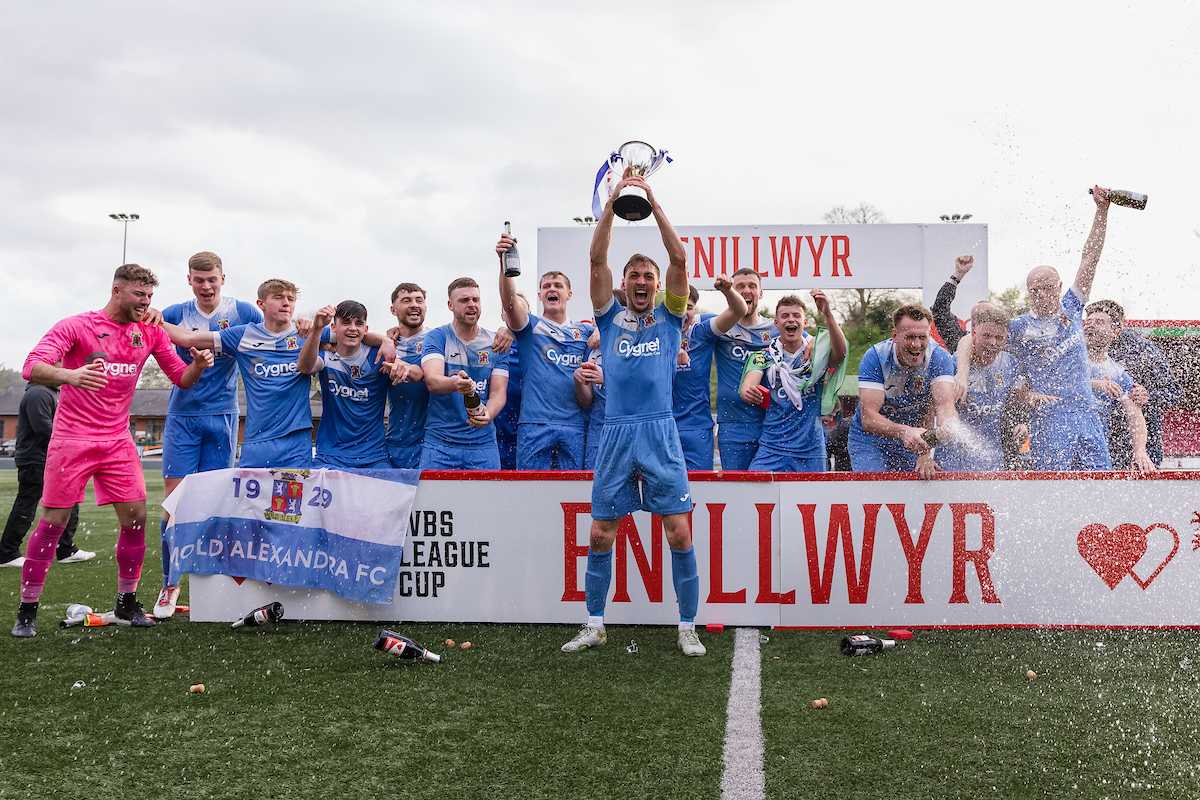
Mold Alexandra stun Briton Ferry Llansawel to lift Welsh Blood Service League Cup
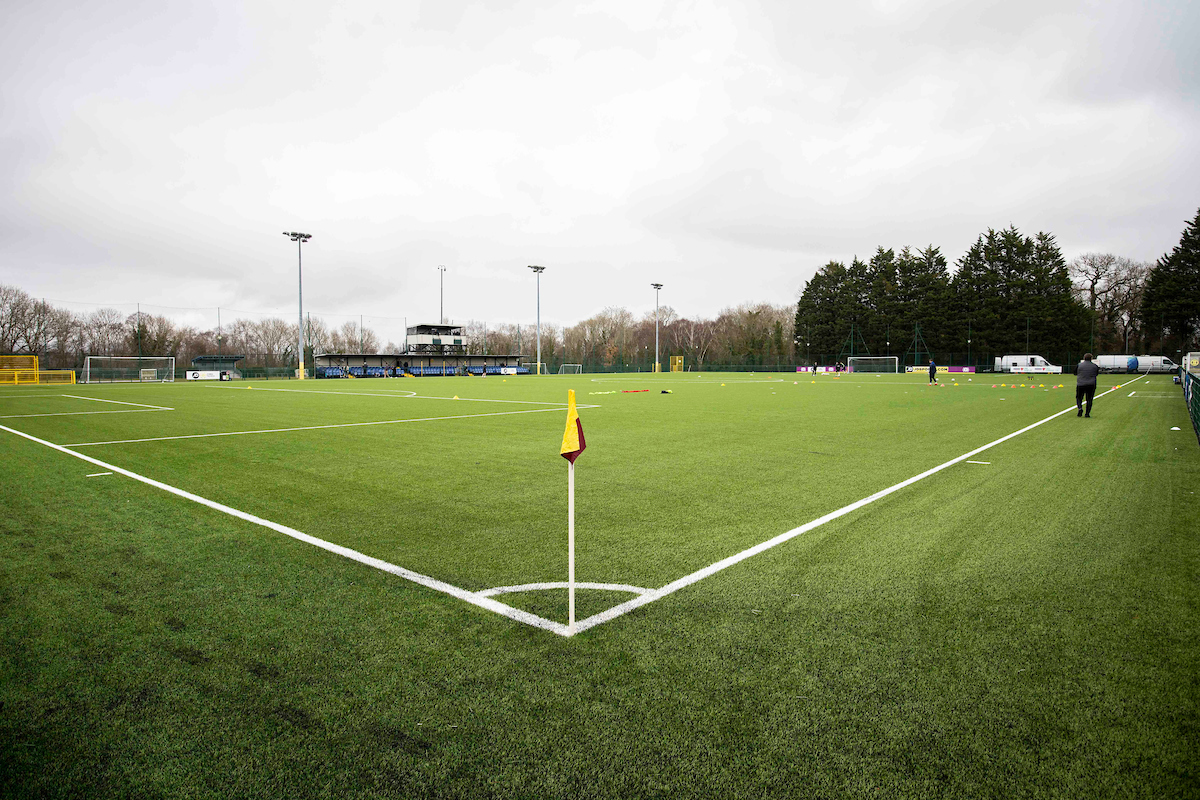
JD Cymru Leagues statement: Cardiff Met University FC
Table
Latest Results
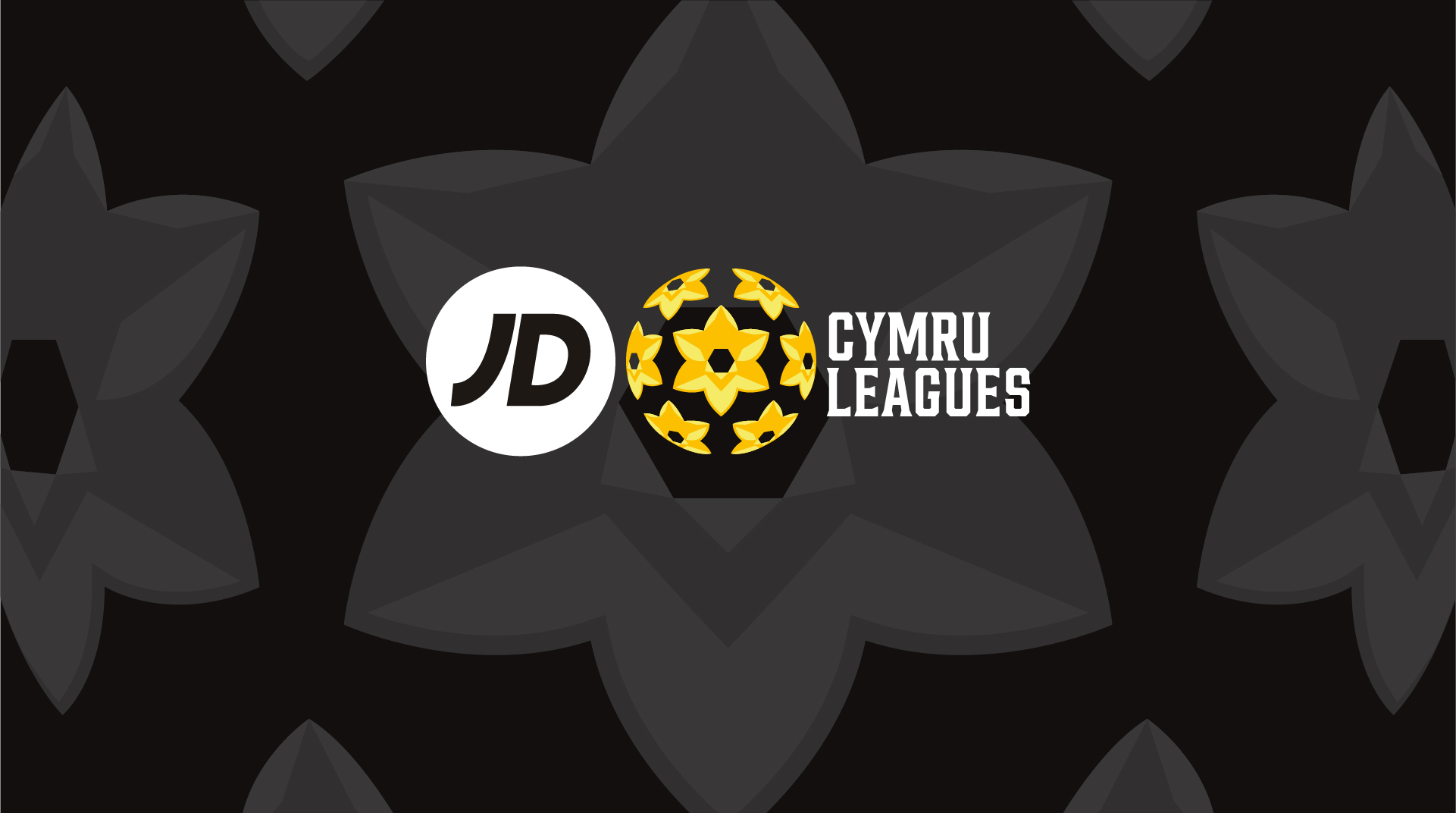
Watch

Strategaeth 2024-2030 Cymru Premier JD | Jack Sharp, Pennaeth Cynghreiriau Domestig CBDC

Danny Redmond | Prif grëwr tymor 2023-24

Sgorio Tymor 2023/24 | Pennod 32 | Episode 32

Uchafbwyntiau ac ymateb | Bae Colwyn 1-0 Y Barri | JD Cymru Premier

Uchafbwyntiau ac ymateb | Met Caerdydd 1-3 Y Drenewydd | JD Cymru Premier

Uchafbwyntiau ac ymateb | Y Seintiau Newydd 2-0 Cei Connah | JD Cymru Premier

Uchafbwyntiau ac ymateb | Aberystwyth 3-0 Pontypridd | JD Cymru Premier

Uchafbwyntiau ac ymateb | Caernarfon 2-2 Y Bala | JD Cymru Premier

Uchafbwyntiau ac ymateb | Pen-y-bont 1-0 Hwlffordd | JD Cymru Premier

Uchafbwyntiau | Highlights | Aberystwyth 3-0 Pontypridd | JD Cymru Premier

Uchafbwyntiau | Highlights | Met Caerdydd 1-3 Y Drenewydd | JD Cymru Premier

Uchafbwyntiau | Highlights | Y Seintiau Newydd 2-0 Cei Connah | JD Cymru Premier

Uchafbwyntiau | Highlights | Caernarfon 2-2 Y Bala | JD Cymru Premier

Uchafbwyntiau | Highlights | Bae Colwyn 1-0 Y Barri | JD Cymru Premier

Uchafbwyntiau | Highlights | Pen-y-bont 1-0 Hwlffordd | JD Cymru Premier

Cyfweliad arbennig gyda David Brooks | Exclusive interview with David Brooks | Cymru Southampton

LIVE FOOTBALL: Aberystwyth Town v Pontypridd United | JD Cymru Premier

PÊL-DROED BYW: Aberystwyth v Pontypridd | JD Cymru Premier

Sgorio Tymor 2023/24 | Pennod 31 | Episode 31

Uchafbwyntiau ac ymateb | Cei Connah 0-0 Y Bala | JD Cymru Premier

Uchafbwyntiau ac ymateb | Hwlffordd 3-1 Bae Colwyn | JD Cymru Premier

Uchafbwyntiau ac ymateb | Y Barri 2-1 Aberystwyth | JD Cymru Premier

Uchafbwyntiau ac ymateb | Y Drenewydd 5-0 Caernarfon | JD Cymru Premier

Uchafbwyntiau ac ymateb | Met Caerdydd 0-5 Y Seintiau Newydd | JD Cymru Premier

Uchafbwyntiau ac ymateb | Pontypridd 0-3 Pen-y-bont | JD Cymru Premier

